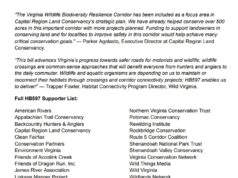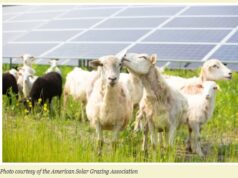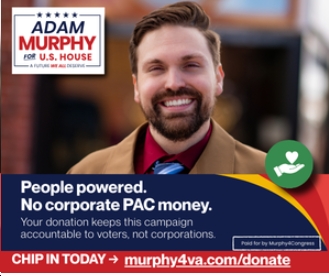by Glen Besa
With more and more stories documenting the plague of plastic waste littering our land and choking our streams, rivers and even our oceans, the plastics industry (aka the petroleum industry and friends) had to come up with a new scheme to maintain political support. Plastics recycling has been largely a scam since the beginning as demonstrated in investigative reporting pieces like PBS’ Frontline program, Plastic Wars. Despite the numerals wrapped in a recycling symbol on the bottom of most plastic containers, less than 10% of plastics are recycled.
Since the raw materials that makes plastic are oil and fracked gas, at one point the industry promoted waste to energy schemes, but the pollution from incineration is so toxic that just about everywhere they ran into stiff resistance from the public.
Enter “pyrolysis.” What if instead of burning plastic, you cook it in a low-xygen environment converting the plastic into volatile gases and liquid condensates? And what do you do with these volatile gases and liquids? Well, you burn them to generate the heat needed to drive the pyrolysis process. The plastics industry advertises that some portion of these gases and liquids can be reused to make more plastic but NOWHERE do they document how much actual plastic is derived from pyrolysis.
Apparently, these empty promises from the plastics industry were more than enough to convince the Virginia Senate to push the House to go along in passing SB1164, a giant loophole in Virginia state law that exempts these pyrolysis plants from the permitting requirements of other solid waste management facilities. Plastic recycling facilities result in the same truck traffic, litter, odors and all the concerns that justify a more rigorous solid waste permitting process, and on top of that, just like incinerators these pyrolysis plants are major hazardous air pollutant emitters, but a majority of state legislators didn’t seem to care about the communities impacted by these plants.
The Virginia Manufacturers Association in actively promoting this scam recycling proudly proclaimed that Virginia could see as many as five or six of these plants. We actually know just how toxic these plants are from an air permit for a plastics pyrolysis plant now pending in rural Cumberland County. According to the air permit application, this plant would emit three times more mercury than Dominion Energy’s Wise County coal fired power plant along with arsenic, lead, formaldehyde and prodigious amounts of toluene. In fact, more than 90 tons per year of hazardous air pollutants (HAPs), as classified by the US EPA, would be unleashed on this poor rural county that is more than 30% African American. The other four or five plants would likely be similarly situated in communities that are poor and rural or communities of color.
The attitude of the Virginia Senate majority became obvious when they killed other bills promoting environmental justice. Senator Chap Petersen (D, Fairfax City.) summed up a majority of the Senators’ view on toxics and on environmental justice as quoted in a Virginia Mercury article:
“A major stationary source of air pollution sounds like a bad thing. It’s also a job for somebody. It’s also a manufacturing facility. … And if we pass this bill in its current form, I worry that it would be a job killer in rural areas like you’ve never seen before.”
I don’t suppose that Senator Petersen’s constituents would welcome a toxic-belching plastic cooker in Fairfax City, but the rural poor and communities of color are expected to sacrifice their health for a job?
Note: The opinions expressed in this blog are solely those of the author, and are not intended to reflect the opinion or the positions of any organizations with which he may be associated.


![Video: Ivy Main Says “the hostility to offshore wind is really just [Trump]; nobody else feels this way…he will be gone and then we will get back on track”](https://bluevirginia.us/wp-content/uploads/2026/02/axiosivymain-238x178.jpg)









